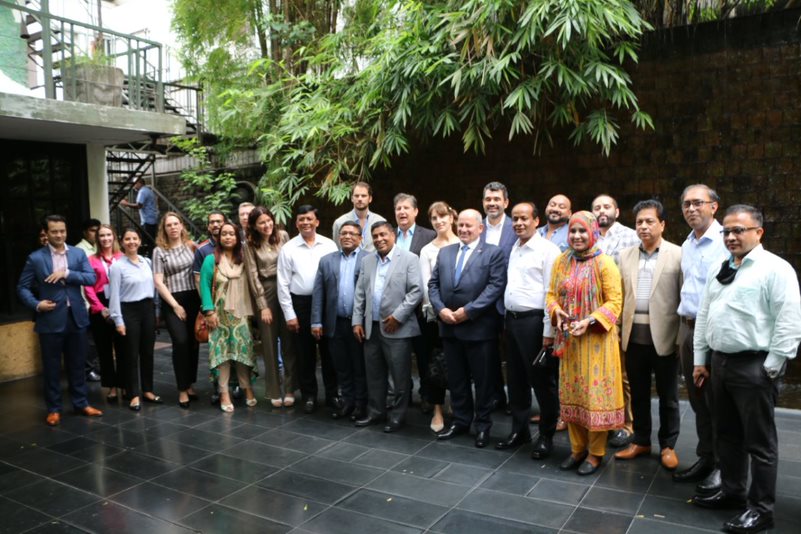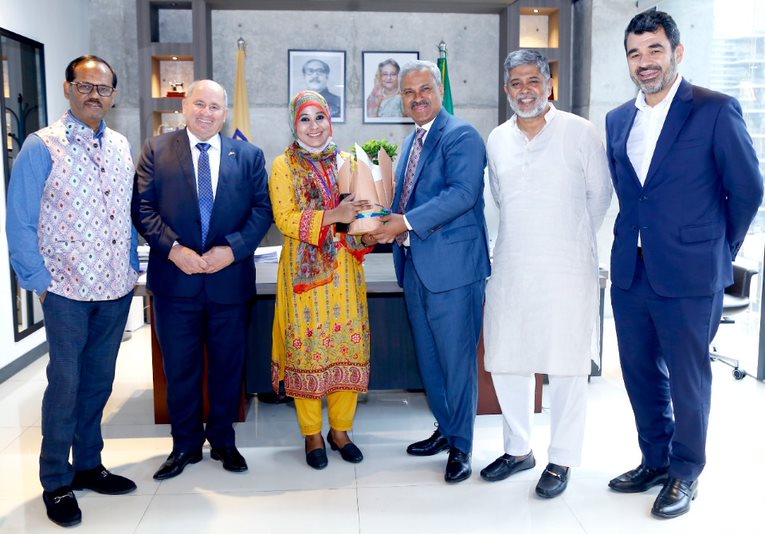Transparency of Brazilian cotton pleases Bengali industrialists
Calendar and Events |
Transparency, trust and a product of excellent quality. The promising commercial relationship between Brazilian cotton producers and textile industries in Bangladesh is structured on this three pillars. The good receptivity to the delegation of Brazilian cotton growers and exporters only reflects the potential of growth of the Brazilian presence in the Bengali textile market – whose dynamism positions the country as the world’s second largest cotton importer.
The Brazilian delegation is part of the Missão Vendedores [Sellers Mission], a commercial exchange organized by the Brazilian Association of Cotton Producers (Abrapa), in partnership with the National Association of Cotton Exporters (Anea) and the Brazilian Trade and Investment Promotion Agency (Apex-Brasil).
The goal is to develop new business opportunities between Brazilians and Bangladeshis through business meetings, technical events, and visits to spinning and weaving mills in Bangladesh. Fifth largest importer of Brazilian plume, the country absorbed 270 thousand tons last year. In the current business year (August 2021 to May 2022) exports to this market totaled 184,000 tons.
Sharifa Parveen, director of the DBL Group, said that Brazilian cotton is one of the best quality options in the world. “It is easy to buy cotton from Brazil, there is transparency. Besides, we have more confidence in business seeing these numbers that were presented”, said Parveen during the Cotton Brazil Outlook – event promoted by Abrapa, on June 14th, in Dhaka.
“We are permanently investing in quality, sustainability and traceability and we know that we will evolve even more in the next five years. Our goal is to increase Brazil’s market share of 14% in Bengali cotton imports,” reveals Abrapa’s president, Júlio Busato.
A feasible goal, it seems. According to the executive officer of Argon Spinning Ltda., Ranjan Chaudary, a few years ago it was difficult to use Brazilian fiber as raw material, but the scenario changed rapidly. “There were quality problems that no longer exist today. Today, it is our clients who ask for Brazilian cotton, which still has the advantage of being free from contamination,” he commented.

Acting President of the Bangladesh Textile Manufacturing Association (BTMA), Fazlul Haque received Abrapa’s president and opened the doors for future collaboration. “There is a great opportunity for us to expand business with Brazil. The BTMA can be a partner in promoting Brazilian cotton in Bangladesh, maximizing commercial relations”, he declared. The support is significant. The BTMA is the main representative entity of the Bengali textile industry. It gathers 1,750 members, 500 of which are spinning mills, 950 manufacturing plants and 300 dyeing and finishing industries.
One factor that pleases the businessmen visited by the Missão Vendedores is the transparency of the data. “Our traceability system really opens up the quality indicators to buyers, something that not all countries do. Besides, soon we will have a specific channel to clarify technical doubts about the Brazilian fiber”, said Busato, during the Cotton Brazil Outlook.
A concern identified, during the visits and the event in Bangladesh, was the increase in product prices due to the global fertilizer crisis. After all, there was a 50% increase in the price of inputs for the next harvest. “In the current season, we are already using our ‘savings’ of fertilizers – products that we had bought before the crisis broke out. But we believe that the situation is momentary,” said the president of Abrapa.

Technical visits. The agenda of the Missão Vendedores in Bangladesh was organized by the Brazilian Embassy in the country. In all the engagements, the delegation was accompanied by Sabine Nadja Popoff, executive responsible for the embassy during the transition of ambassadors. The Brazilian group was received by the Minister of Textiles and Jute, Golam Dastagir Gazi, and also by the Bangladesh Garments Manufacturers and Exporters Association (BGMEA), an apparel representative entity.
Among the factories visited were important Brazilian cotton importing players, such as Badsha Textiles and Square Textiles, a group with four yarn and clothing industries that employs 800,000 people. Beximco Textile, a plant of over 120 hectares that works with recycled fabric, making everything from yarn to finished garments, was also visited. Beximco produces its own brand and on a large scale for international brands.
Cotton Brazil. Abrapa’s trade mission to Asia is one of the initiatives of the Cotton Brazil program, developed in partnership with Anea and Apex-Brasil. The objective is to promote Brazilian cotton in the international market and develop markets. The priority focus is on Asia, a region which concentrates 99% of Brazilian exports.
“Currently, we account for 23% of the market in the 2020/21 cycle and we have strong growth potential in the coming years. In our trade missions, we verify how open the countries are to this,” noted Busato.
Indonesia, Thailand and Bangladesh, countries visited in June by the Missão Vendedores, represent 21% of the total volume of Brazilian cotton shipped to Asia in the 2020/21 harvest, about 498.5 thousand tons. In the current cycle (from August/21 to May/22), they account for 21% and for a shipped volume of 313 thousand tons of the product.






